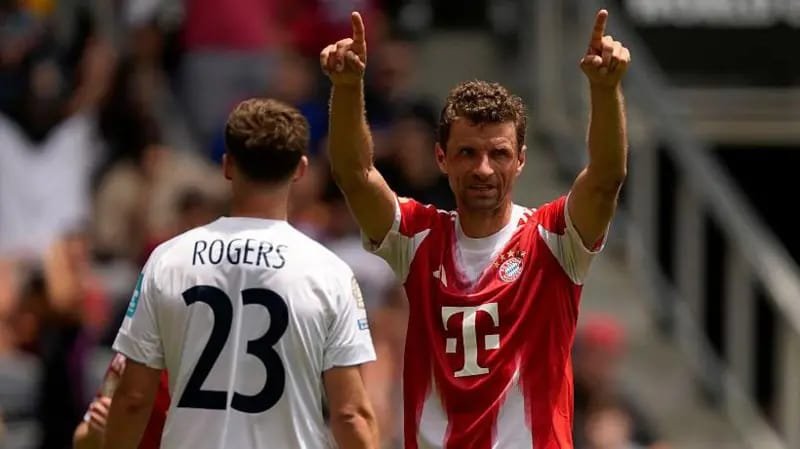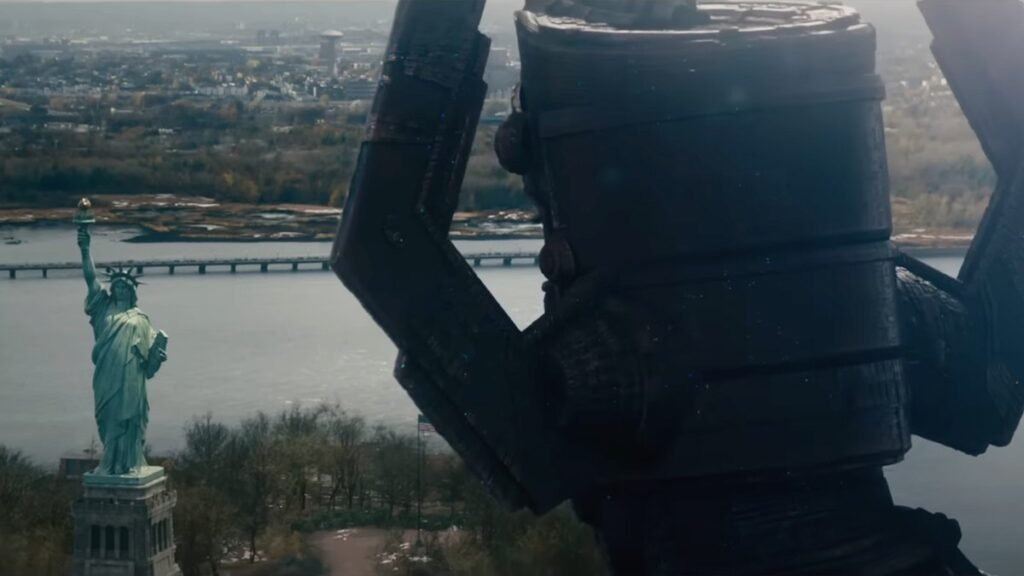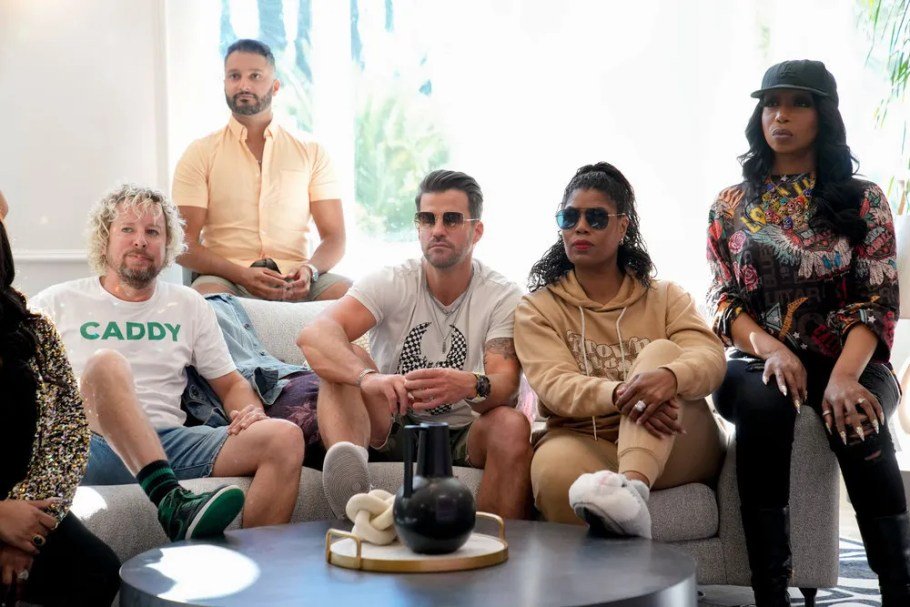
In what may go down as one of the most lopsided matches in professional football history, part-time New Zealand side Auckland City faced off against European giants Bayern Munich in the Club World Cup—and the result was as brutal as expected.
From the moment Kingsley Coman opened the scoring just five minutes into the match at TQL Stadium in Cincinnati, any dreams of a miracle were quickly extinguished. By full-time, Bayern had stormed to a 10-0 victory, setting a new record for the largest margin of victory in Club World Cup history.
A Ruthless Display From Bayern
Bayern’s dominance was overwhelming. Goals from Sacha Boey, Michael Olise, Coman, and Thomas Müller saw them race to a 6-0 lead before halftime—matching the previous record held by Al-Hilal’s 6-1 victory over Al Jazira.
Jamal Musiala, who entered as a second-half substitute, netted a clinical hat-trick. Müller then capped off the onslaught with his 250th goal for the Bavarians, further emphasizing the disparity between the two sides.
The final whistle marked Bayern’s first double-digit win since 2021 and drew comparisons to their historical 11-1 thrashing of Dortmund in 1971 and the 12-0 cup win against Bremer SV.
A Disparity Beyond the Scoreline
Statistically, the mismatch was glaring:
- Bayern Munich
- Squad value: €903.5 million
- Annual revenue: €951.5 million
- Players earn up to £400,000/week
- Auckland City
- Squad value: €4.58 million
- Annual revenue: NZ$1.1 million (~£488,000)
- Players earn around NZ$150 (~£66) per week
In fact, it would take Auckland’s highest-paid player 117 years to match Harry Kane’s weekly wage.
Off the pitch, the contrast is just as stark. Auckland’s team includes a primary school teacher, an insurance broker, a Coca-Cola sales rep, a barber, and university students. One of them, 22-year-old left-back Nathan Lobo, even had to sit for a university exam from his hotel room during the tournament.
The Club World Cup Format in Question
This match has reignited criticism of FIFA’s new 32-team Club World Cup format, which replaced the previous seven-team structure. While Auckland earned their spot by winning the OFC Champions League multiple times, many question whether part-time clubs should be sharing the field with footballing powerhouses like Bayern.
Legal complaints from FIFPRO and the World Leagues Association had already highlighted concerns over the tournament’s expansion, and this lopsided affair is likely to fuel the debate further.
Comments from fans during BBC Sport’s live coverage captured the public sentiment:
- Sean: “Watching Bayern tear apart part-timers isn’t entertainment. FIFA needs to rethink this.”
- Sam: “Bayern fielding their strongest 11 in this fixture felt unsporting. This was hard to watch.”
- Richard: “This looked more like a pre-season friendly than a tournament with a £100m prize.”
No Sympathy From the Top
Post-match, Bayern’s Michael Olise was blunt when asked if he sympathized with Auckland:
“No,” he said.
Even so, Auckland’s coach Ivan Vicelich praised his players’ effort and spirit.
“This is the reality of football at this level. It’s a dream for amateurs to play on such a stage, and I’m proud of the team.”
Bayern manager Vincent Kompany struck a more respectful tone:
“We took the game seriously. It was a good start, but tougher challenges lie ahead.”
Looking Ahead
Bayern’s next fixture is a mouth-watering clash against Argentine giants Boca Juniors in Miami on Friday night (Saturday 02:00 BST). Kompany himself described it as:
“A classic—Europe vs South America. Even if I wasn’t Bayern’s coach, I’d be watching this game.”
As for Auckland City, while their tournament dreams may have been dashed, their story remains a testament to football’s global reach—and its growing economic divide.
Watch the full highlights here.




